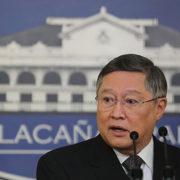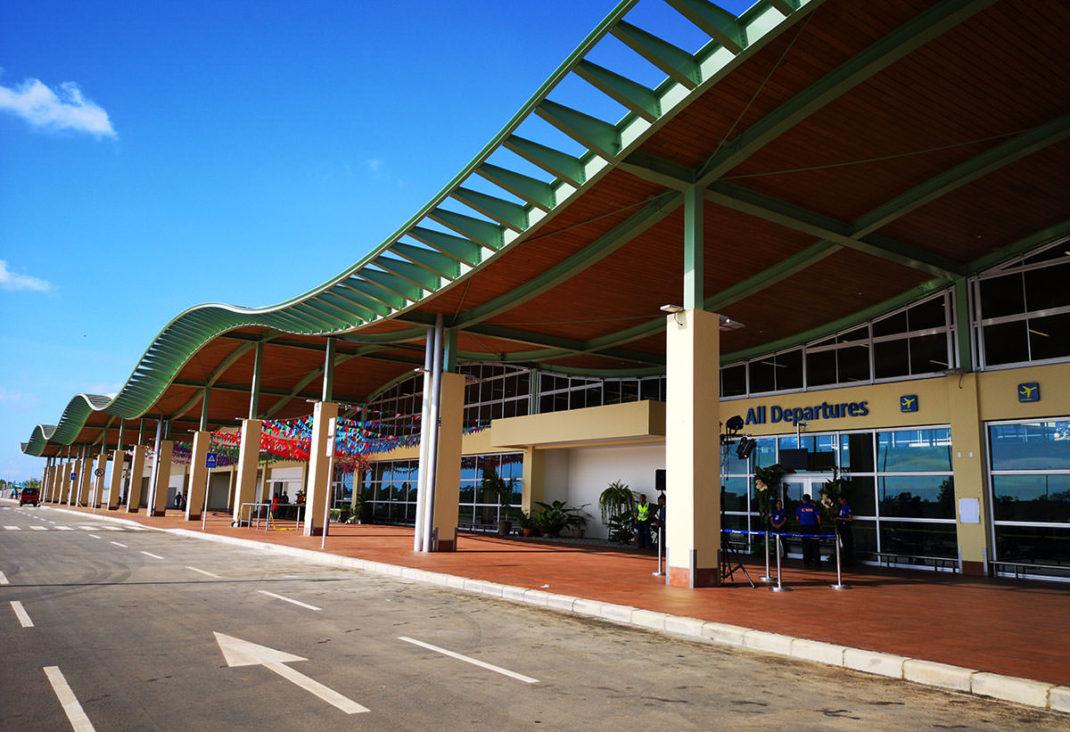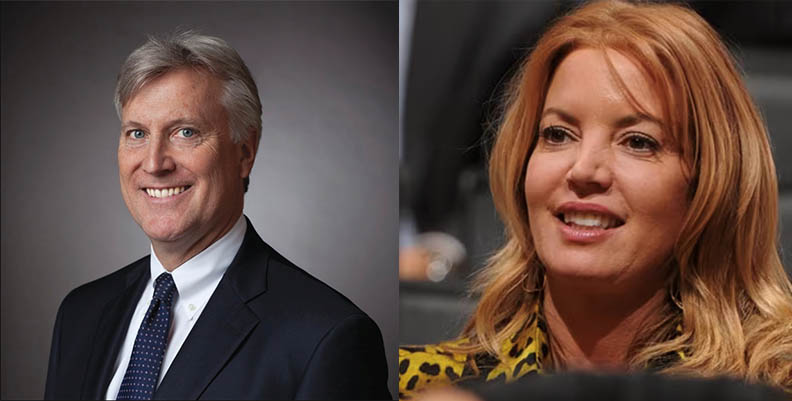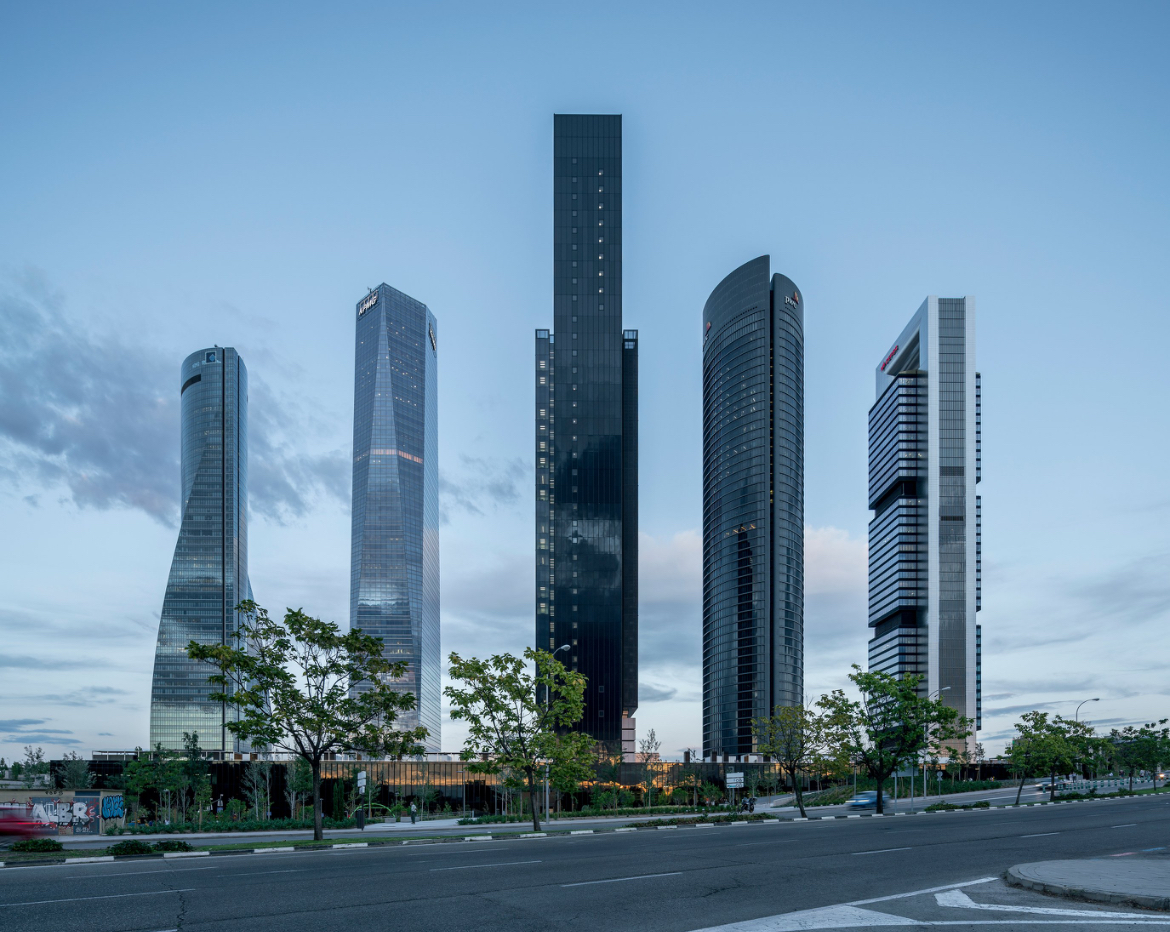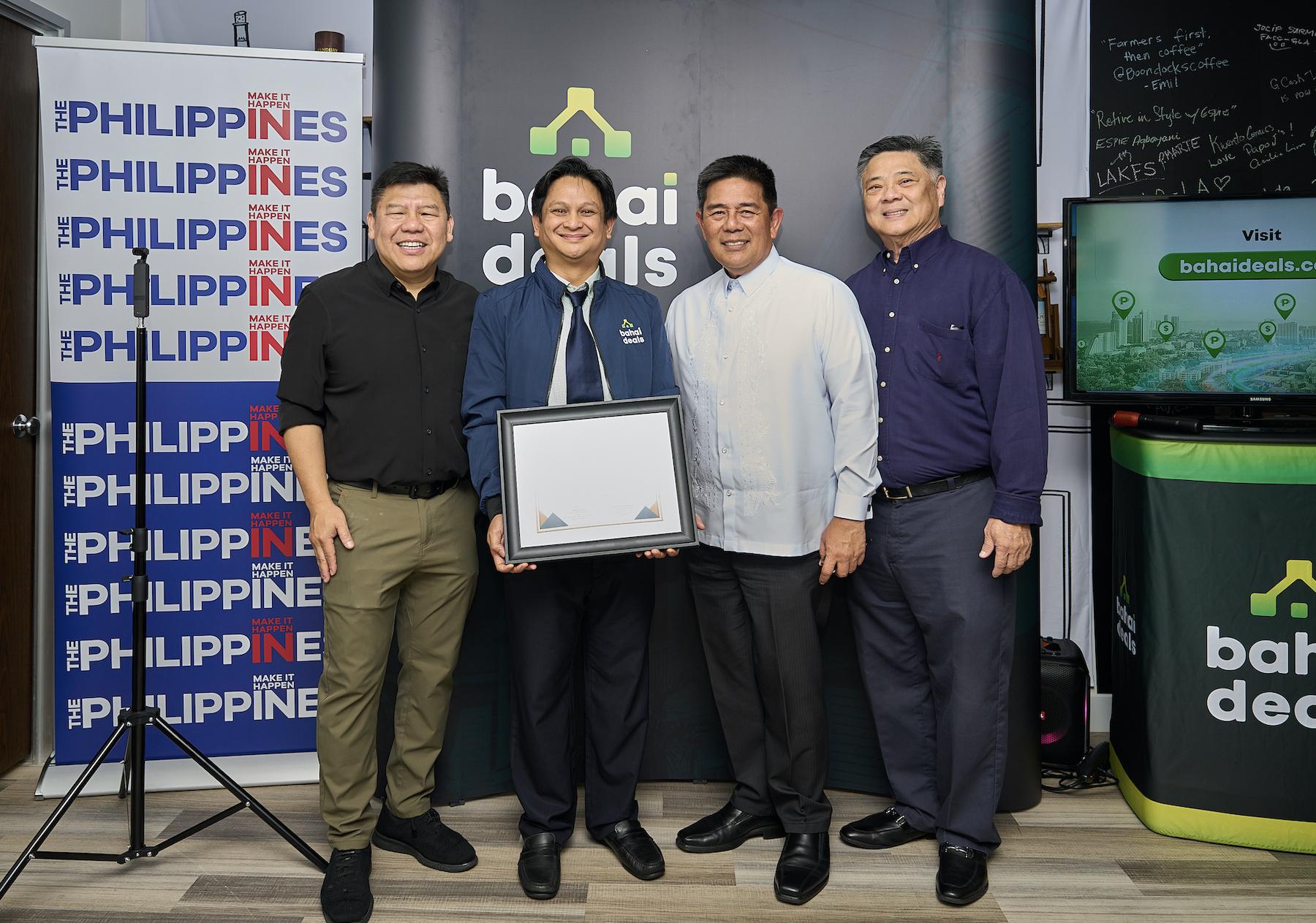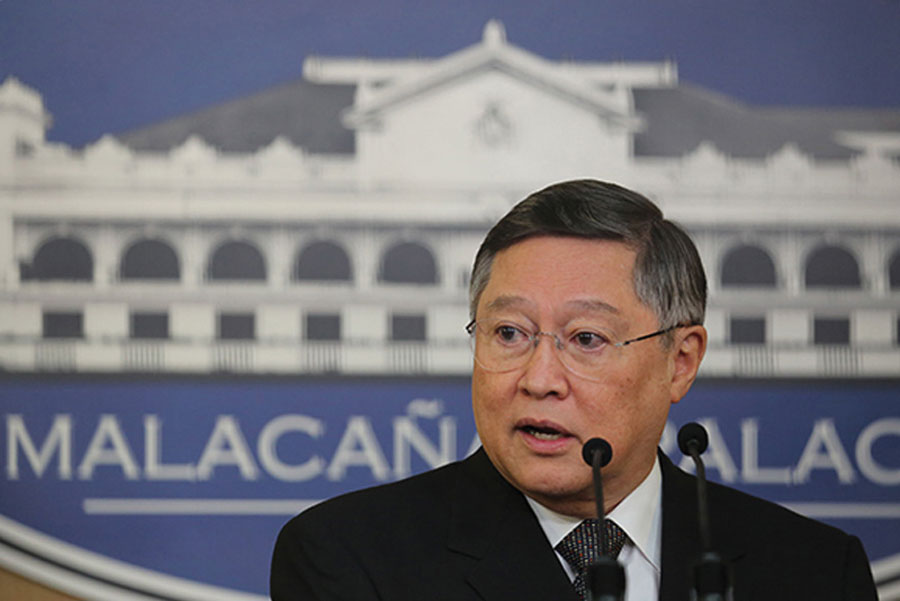
Finance Secretary Carlos Dominguez III on Thursday, April 11, said the Philippines is set to become an ‘upper-middle-income’ economy this year with the assistance of the World Bank (WB).
According to him, the generous support of the World Bank for the Philippines’ sustainable development programs is a “key factor” in achieving its goal of becoming an upper middle-income economy in 2019, three years ahead of schedule.
“For many decades, the World Bank helped many emerging economies achieve sustainable development. This year, as the bank celebrates its 75th year, we are proud to announce that the Philippines will achieve the status of an ‘upper middle-income’ nation ahead of schedule. The bank shares much credit for this achievement,” Dominguez said during the recent Philippine Day Forum held at the Grand Hyatt Hotel in Washington D.C.
Under the Duterte administration, the government had aimed to transform the country into an upper middle-income status by 2022 and a high-income economy by 2040.
Upper middle-income countries, based on the World Bank’s criteria for the fiscal year 2019, have a gross national income (GNI) per capita of $3,896 to $12,055. High-income countries, meanwhile, have a GNI per capita of $12,056 or more. Currently, the Philippines is classified as a lower middle-income country with GNI per capita of $996 to $3,895.
Socioeconomic Planning Secretary Ernesto Pernia, however, has expressed confidence that the Duterte administration would be able to achieve its goal ahead of target this year.
“Today, the Philippines is one of the fastest-growing economies in the world. Reaching this milestone in our development story is attributable to many years of hard work—especially in building a strong fiscal position and a bureaucracy honed to the task of catalyzing growth,” Dominguez said.
He noted that the country posted a gross domestic product (GDP) growth rate of 6.2 percent last year despite uncertainties caused by a looming trade war, a spike in world oil prices, and domestic inflation.
He added that President Rodrigo Duterte had “delivered resoundingly” on his socioeconomic reform agenda which include tax reforms, improvements in the ease of doing business, a more transparent and responsive government, increased investments in human capital, and enhancement of peace and order.
The decrease in crime volumes, the establishment of the Bangsamoro Autonomous Region for Muslim Mindanao, the Comprehensive Tax Reform Program (CTRP), and the Build Build Build program demonstrated how the Duterte administration had delivered on its program of government, according to Dominguez.
Additionally, he highlighted the other reforms that the Duterte administration has initiated like the passage of the New Central Bank Act and the Rice Tariffication Act, the establishment of a national ID system, and the creation of new platforms to minimize the cost of doing business.
“These reforms should translate into even stronger resilience as we face the challenges of this year. Those challenges include the projected slowdown in global economic growth and rising fears of recession in the major industrial economies. By striving to make our economy more inclusive and our governance more responsive to the waves of technological change, we strive to continue building on our growth momentum,” Dominguez said.


